|
|
|
|
A major report released this week by the Intergovernmental Panel on Climate Change, involving scientists from around the world, gauges the world’s progress so far at stopping climate change. The sobering assessment presents a definitive assessment of how well the world is doing in finding solutions to rising temperatures.
Leading academics who contributed expertise to the report unpack key aspects of its findings, and what they mean for the world.
The report also points to innovations that have the potential to transform the world for a safer future. This includes four powerful trends in transportation that could greatly reduce the sector’s greenhouse gas emissions – three of them involving human choices and behaviour.
Ukrainians continue to flee to neighbouring countries as Russia’s deadly war pushes into its second month. The number of refugees, mostly women and children, now surpasses 4 million. This new refugee population feeds into an ever-growing number of people who are displaced from their homes worldwide because of conflict and climate disasters.
As is the case for tens of millions of refugees, returning to the place once known as home may become increasingly challenging for Ukrainians as time passes, writes post-conflict migration scholar Sandra Joireman.
|

|
Caroline Southey
Founding Editor
|
|

Thomas Wiedmann, UNSW Sydney; Arunima Malik, University of Sydney; Glen Peters, Center for International Climate and Environment Research - Oslo; Jacqueline Peel, The University of Melbourne; Xuemei Bai, Australian National University
Humanity is off track to keeping global warming to 1.5℃. But if we pull out all stops, we’ve still got a chance.
|
|
|
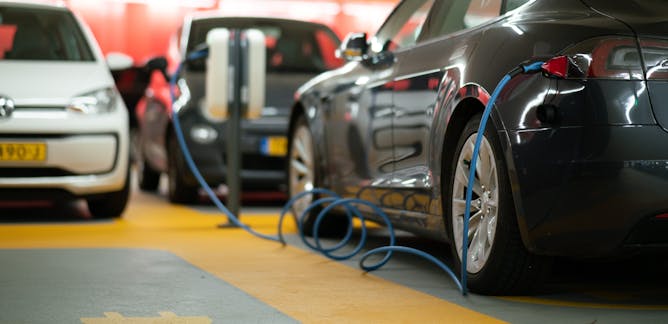
Alan Jenn, University of California, Davis
A new international report on climate change finds rapid changes could cut emissions from transportation by 80% to 90%. Three behavior change trends could bring big improvements.
| |

Elil Hoole, University of Cambridge; Shaun Fitzgerald, University of Cambridge
Solar geoengineering could temporarily address the worst impacts of global warming.
|
|
|
|
|
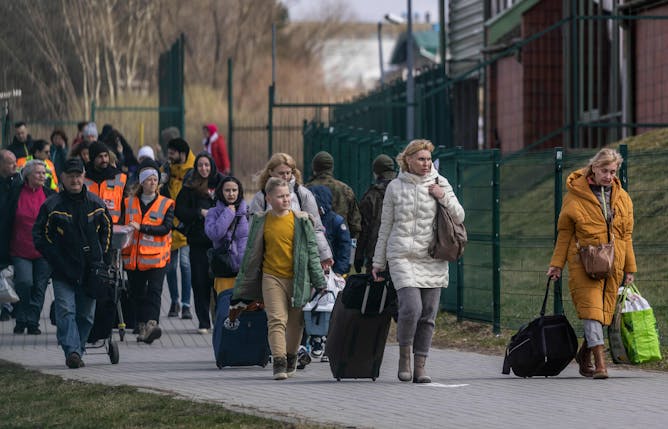
Sandra Joireman, University of Richmond
Even once the war in Ukraine ends, the millions of people who fled from their homes might not be quick to return. The faster the war ends, the more likely it is they will go back.
|
|
|
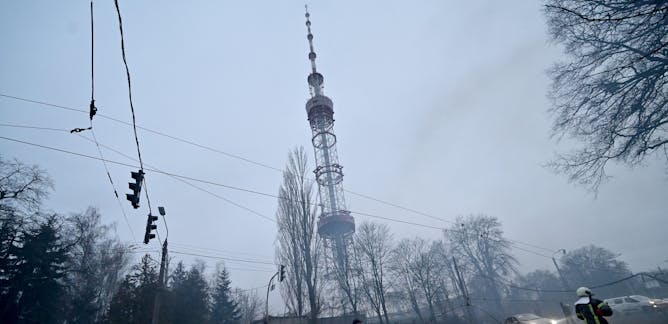
Robert Peacock, Florida International University
Russian hackers have been attacking Ukraine for years, but with help from US government agencies, businesses and universities, Ukraine’s cyber defenses have grown stronger.
| |
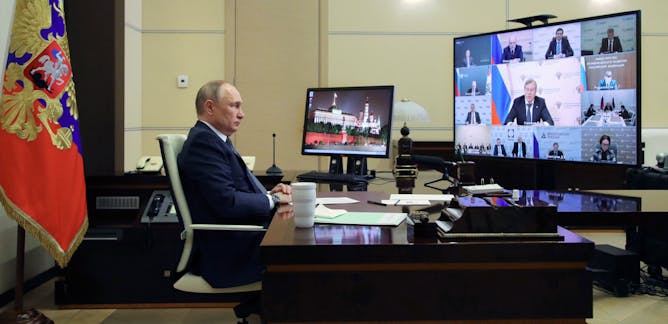
Monica Duffy Toft, Tufts University
Sanctions take time to bite, and Putin has time on his side.
|
|
|
|
|
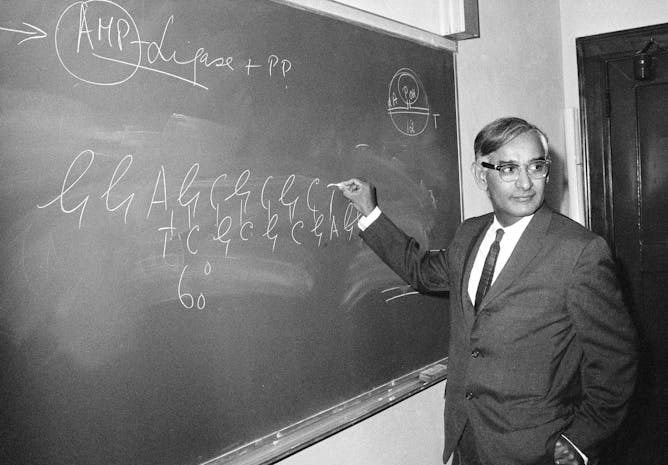
Sahotra Sarkar, The University of Texas at Austin College of Liberal Arts
Khorana rose from humble beginnings in India to decipher the genetic code. But his enormous contribution to science has been largely overlooked.
|
|
|
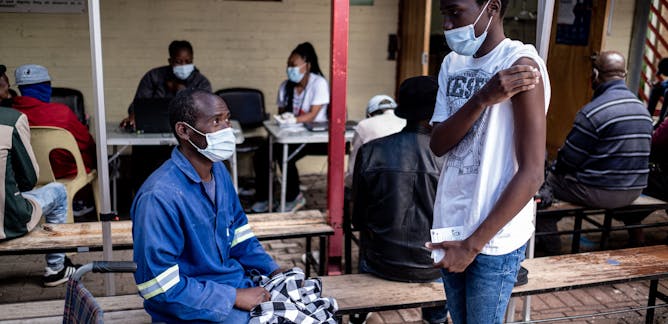
Veronica Ueckermann, University of Pretoria
South Africa is still likely to experience periods of increased cases, smaller-scale outbreaks and even the development of new variants.
| |

Yael Schenker, University of Pittsburgh Health Sciences
Palliative care, often misunderstood, is not synonymous with hospice care.
|
|
|
|
|

Felipe G. Santos, City, University of London; Dan Mercea, City, University of London
A united opposition may be a winning strategy in some elections, but not for the United for Hungary coalition.
|
|
|
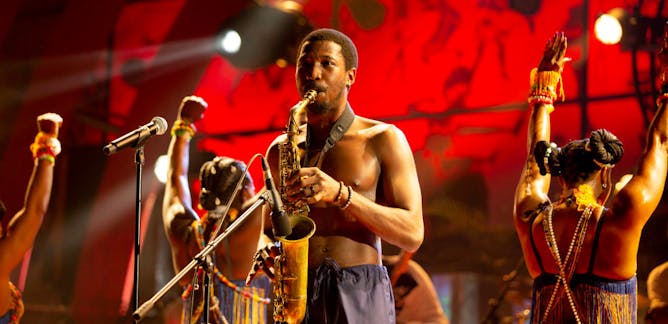
Sanya Osha, University of Cape Town
Of a record nine nominees, seven are from West Africa. The global rise of Afrobeats music owes its soul to Nigeria’s iconic star Fela Kuti.
| |
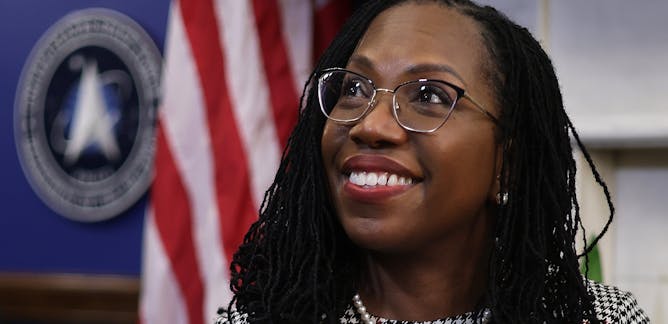
Bev-Freda Jackson, American University School of Public Affairs
President Joe Biden’s nominee for the US Supreme Court withstood four days of hearings and stands ready to become the first Black woman to serve on the nation’s highest court.
|
|
|
|
|
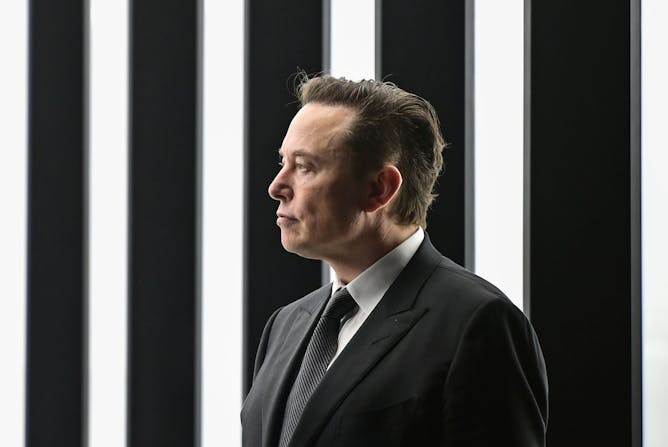
Hamza Mudassir, Cambridge Judge Business School
Investors are happy, pushing the share price up since the announcement. What about users?
|
|
|
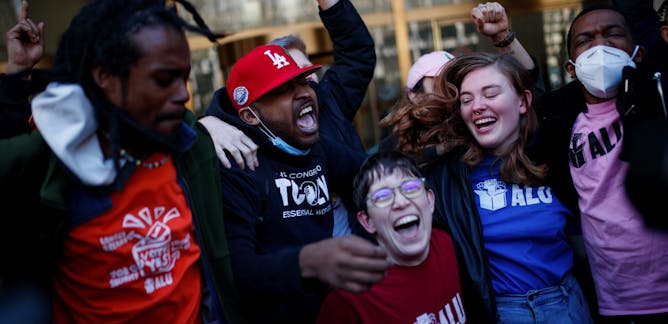
John Logan, San Francisco State University
Successful union drives at two of America’s biggest companies were led by committed individuals, rather than established unions.
| |

Jia Liu, University of Portsmouth; Olatunde Julius Otusanya, University of Lagos
African countries, rich in resources, easily fall prey to aggressive tax planning and tax evasion facilitated by offshore companies.
|
|
|
| |
| |
| |
| |
|
|
|
|
|
|
|